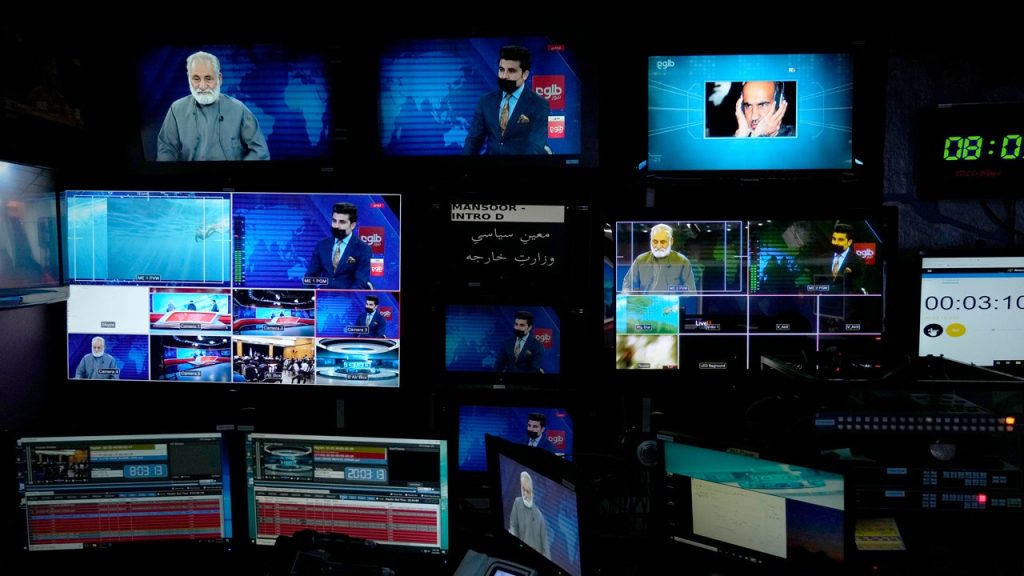The Taliban is reportedly enforcing a ban against certain media outlets airing “images of living beings” in Afghanistan. This rule, enforced through the Vice and Virtue Ministry, is currently in effect in certain provinces. The legislation, announced in August, also banned women’s voices and bare faces. The ban on images of living beings reflects laws approved by supreme leader Hibatullah Akhundzada, specifically Article 17 of the legislation.
The ban on images of living beings is currently being enforced in provinces such as Maidan Wardak, Kandahar, and Takhar. State media has been directly instructed by the Vice and Virtue Ministry to refrain from showing such images. This rule has caused independent local media to stop displaying these images as well, opting for nature videos instead. Afghanistan is the only Muslim-majority country enforcing this broadcasting rule, which has caused international concern, particularly regarding the extreme laws pertaining to women.
In addition to banning images of living beings, the Vice and Virtue Ministry in Afghanistan has also declared laws banning women’s voices, considering them too “intimate.” Women are now forbidden from singing or reading aloud in public and are required to wear veils. The legislation surrounding women’s rights has further raised concerns internationally, with many expressing worry over the Taliban’s treatment of women in the country since taking over after the U.S. withdrawal.
The Taliban’s Vice and Virtue Ministry is enforcing strict rules regarding media content in Afghanistan, with a particular focus on banning images of living beings and silencing women’s voices. These laws have been implemented in certain provinces and have caused media outlets to comply to avoid repercussions. The extremity of the legislation has raised international concern, especially regarding women’s rights and freedom of media expression in the country.
The ban on images of living beings in Afghanistan marks the first declaration of such rules since the Taliban took over after the U.S. withdrawal. The implementation of these laws has been met with pushback and criticism from human rights organizations and others who are concerned about the Taliban’s treatment of women and media in the country. The future of these laws and whether they will be extended to all media outlets across Afghanistan, including foreign media, remains uncertain.
The Taliban’s strict rules on media content and women’s rights in Afghanistan have sparked international concern and backlash. Many are worried about the implications of these laws on freedom of speech, media expression, and the rights of women in the country. As the Taliban continues to enforce these regulations in certain provinces, it remains to be seen how the international community will respond to these oppressive measures implemented by the militant group in Afghanistan.


